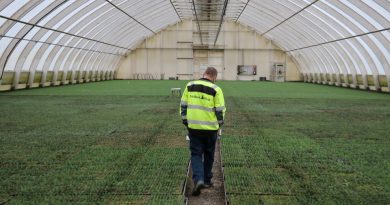Thousands of plastic bottles from Iqaluit’s water crisis to be turned into clothes
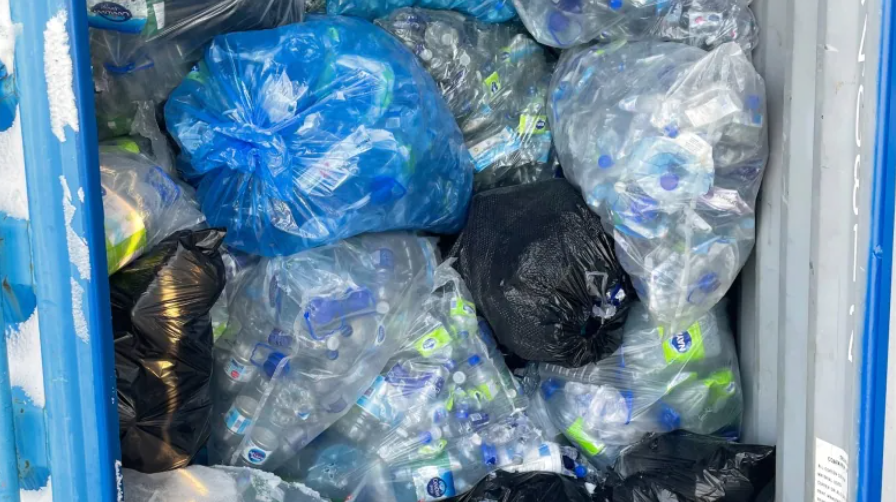
Eight sea cans full of plastic water bottles are being sent from Iqaluit to Montreal for recycling at the end of July.
Hundreds of thousands of bottles of water were flown into Iqaluit during the city’s water crisis last fall. A fuel contamination in Iqaluit’s water supply meant the city’s approximately 8,000 residents were unable to drink the tap water for two months.
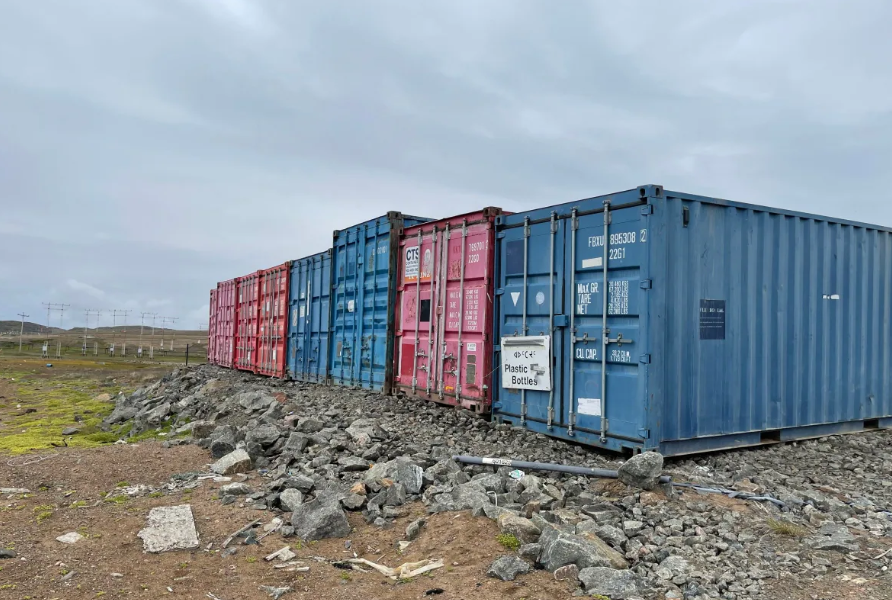
During that time the City of Iqaluit set up water depot stations where residents could pick up flats of plastic water bottles.
“This was a bit of a sudden influx of plastic that the city was going to expect to see in the landfill,” said Brian Tattuinee, the business development manager for Nunavut Sealink and Supply Inc., which is partly owned by Arctic Co-operatives Limited.
“So we thought we could help alleviate some of that environmental impact from this emergency.”
There are no recycling facilities in Iqaluit, forcing all the city’s waste into the landfill regardless if it is recyclable or not.
When the water crisis began last October the co-op committed four sea cans to be filed with the plastic bottles to be sent south.
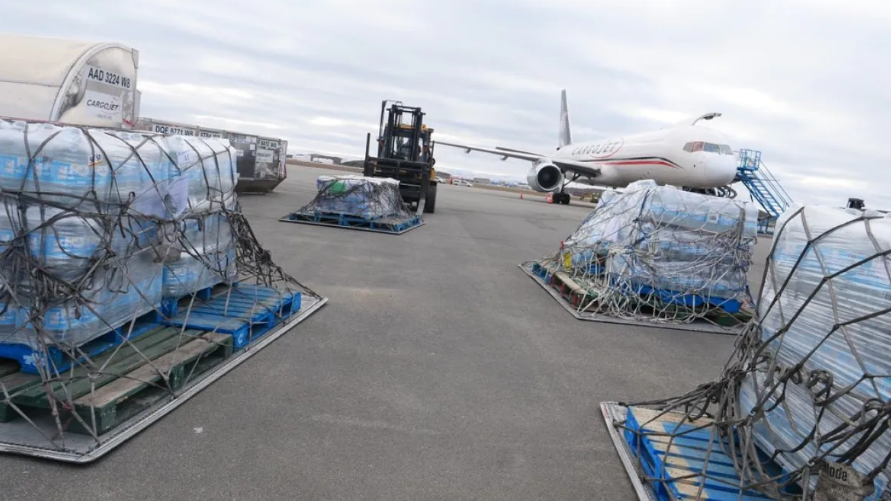
Tattuniee said with the help of the city and the Nunavut government, four more sea cans were donated and filled. He said this has saved approximately 265,000 litres of plastic from the landfill.
The eight sea cans of bottles are being sent out on the first sealift ship expected to arrive on July 28. They will be transported to Nunavut Sealink and Supply port in Sainte-Catherine, Quebec. From there the sea cans will be sent to Montreal Polymers, a plastic recycling company in Montreal.
Tattuniee wasn’t able to say how much this process will cost the co-op.
“When all of this started to happen we weren’t really concerned too much about what the cost might be,” said Tattuniee. “We just understood, we thought we could do something so we decided lets try it.”
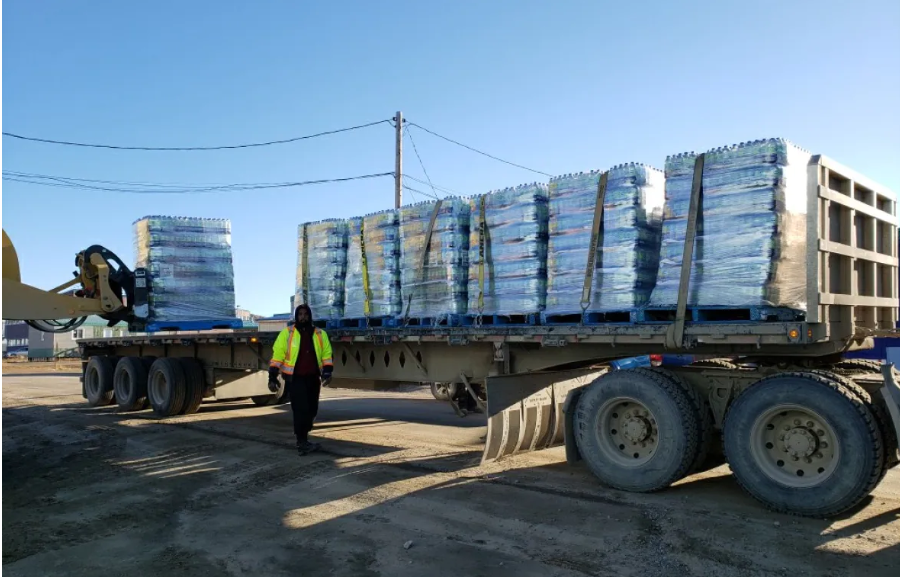
Muhammad Naeem, president of Montreal Polymers, said his company likely won’t make anything off of the water bottles being sent to them but are happy to do it because it is a good cause.
“We don’t want anything to go to the landfill, it’s a sin to send something to the landfill if you can reuse it,” he said.
The bottles will be processed at the plant and turned into small plastic pellets that are washed and used to make fibre like polyester. Those are then sold to companies that resell the material to industries that make clothes and other items.
Related stories from around the North:
Canada: Federal funding to pay for new water reservoir in Iqaluit, Nunavut, CBC News
United States: Climate change is worsening water scarcity in rural Alaska says study, Eye on the Arctic.



